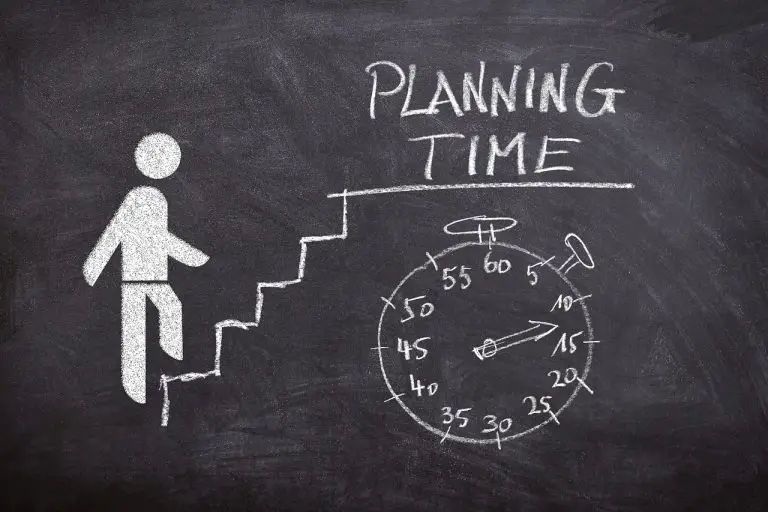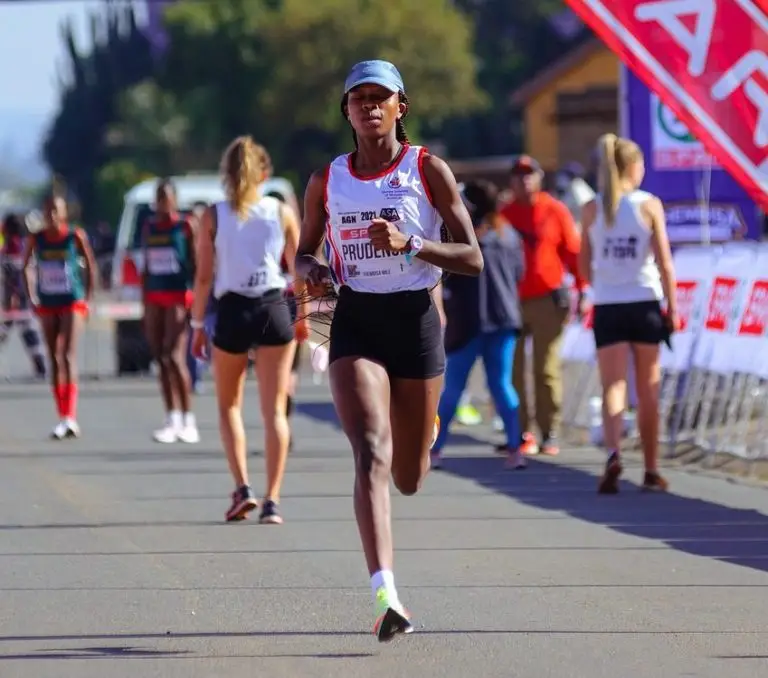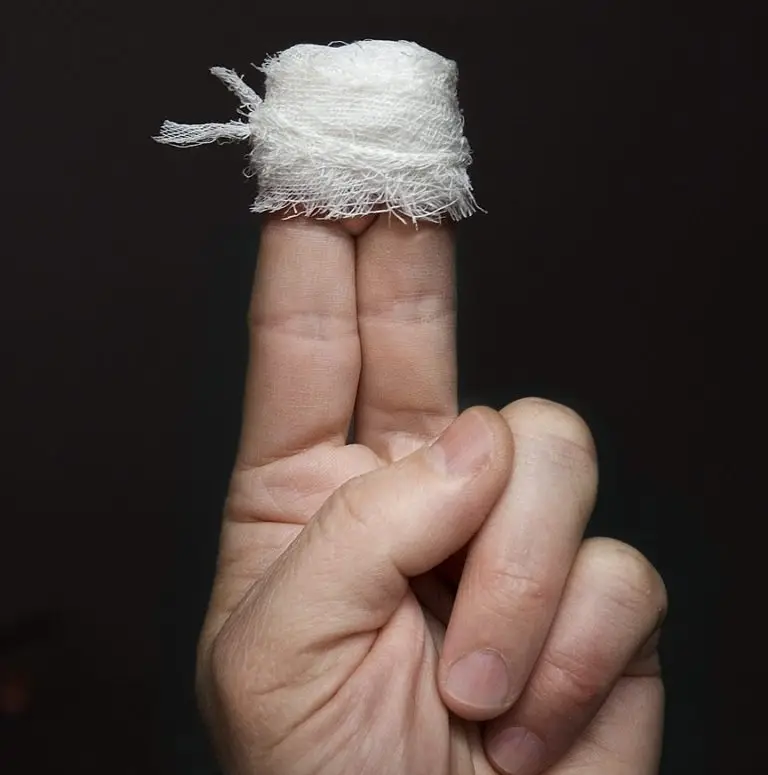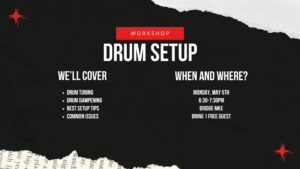If you’ve ever gone to the gym or played a sport, you’ll know that warming up is the first thing any trainer or coach will tell you to do. Warming up is the first step to performing any activity that is going to push you to your limits. In this article, we’re going to go over some basics on why warming up before playing is such an important task.

Routine Matters
Sometimes how you do little things is how you do big things. Having a routine is important. It keeps you consistent and gives you a gauge for how well or not well you’re doing today. It forces you to focus on the things you’ve decided are important.
A routine should be a premeditated schedule. Something that you’ve consciously sat down and thought about. A list of what your goals are as well as a list of skills you wish to maintain. Having a routine starts you by focusing on those things you’ve decided matter.
Routine is also important psychologically. By having a consistent routine, your brain is able to quickly shift into playing or performance mode and deliver consistent result. You trigger a part of you that says once I perform “X” task, I am now in playing mode and it makes it very difficult for you to avoid practicing or playing after you’ve performed that task.
Better Performances
People who warm up are also known for having better and more consistent performances. A musician who performs “cold” may have a hard time playing or singing the first few songs. This is because when your body is working at a high performing level, it needs to allocate the right blood flow to the right muscles.
Warming up tells your body that we are switching to performance mode and it will need to shift and change the oxygen levels to different areas so you can perform at a high level.
Weight lifters and athletes who warm up have consistently show in tests that they can run faster, farther, and lift more weight with a proper warm up cycle. These athletes spend hundreds of hours and millions of dollars testing and finding the limits of their bodies so they can have the best performances possible. As musicians we can learn from their examples and create efficient warmup techniques for better performances and practices.

Decrease Risk Of Injury
If making no progress is frustrating, imagine making backwards progress. Injury can put you on the sidelines for weeks or even months.
In my college days, I had a wrist injury that hampered my progress for almost nine months! For me this was when I started taking warmup exercises much more seriously.
Injuries not only carry the risk of losing time and progress, but they also come with the risk of long term or even permanent damage. Most people think the likelihood of permanent damage is small, I’ve watched enough musicians to know that it’s much higher than you think. Some of this is due to not warming up, but some of it is also due to years of bad posture and technique catching up with them. Bad tendons, bad backs, bad knees, stiff necks, and warn vocal chords are all results I’ve personally seen (and even experienced).
Don’t take your health for granted. We all have it until we don’t. Preventative maintenance is way easier than after the fact maintenance. Do your warmups and you’ll be thankful when you’re still able to play in your 70’s and 80’s.



